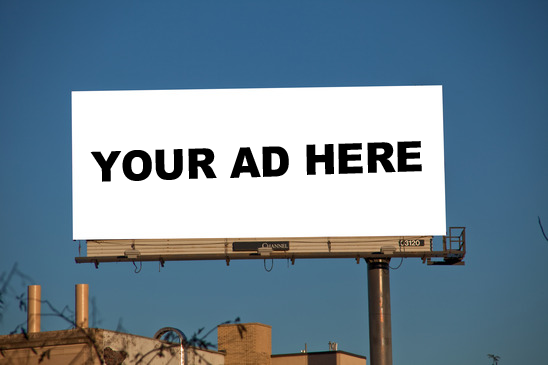
The Federal Trade Commission along with state and local government agencies, prohibit advertisements that make misleading, false, or deceptive claims. Keep in mind that an advertisement can be deceptive without being an outright lie and deceptive advertising can be accomplished with pictures as well as with words.
There are lots of truth-in-advertising standards which apply across the board. But the FTC has paid particular attention to advertising for alcohol, appliances, automobiles, clothing and textiles, finance, franchises, business opportunities, and investments, funerals, human resources, jewelry, non-profits, real estate and mortgages, and tobacco.
Marketing and advertising is fundamental to the success of business and all businesses have a legal responsibility to ensure that any advertising claims are truthful and not deceptive.
The Federal Trade Commission (FTC) oversees and regulates advertising and marketing law in the United States. These laws can impact many areas of business, including labeling, email and telemarketing campaigns, and any health and environmental claims.
All this protection for the consumer even though the first amendment to our Constitution states: “Congress shall make no law respecting an establishment of religion, or prohibiting the free exercise thereof; or abridging the freedom of speech, or of the press; or the right of the people peaceably to assemble, and to petition the Government for a redress of grievances.” Clearly, consumer protections are more important than the “freedom of speech” of a business entity.
So why can a politician lie when we have laws to govern the product advertising we see every day? Why does anyone worry about truth in advertising when our politicians are allowed to lie? Of course, the politician isn’t selling anything so political advertising isn’t regulated by the FTC. On the other hand, we could well be asking why the Federal Election Commission (FEC) hasn’t taken a stance in support of telling the truth.
All that said, the politician may not be selling anything, but the politician is asking for the voter’s trust and that leads to a very good question – Specifically, why should the voters trust a politician who is deceptive during the campaign to be truthful in office? In other words, if the politician is lying during the campaign why should we trust him to tell the truth if we elect him?
The Sausage Grinder is Broken – will you help to fix it?

This leads to some tension between Kyle and Stan who strongly believe the other is causing the distraction on purpose to avoid finding out the truth.
Thanks for your comment. I have no idea who Kyle or Stan are, but I think I made my point.
Truth in Advertising” was that kind of book for me. It starts out loaded with funny rapid-fire one-liners in a very believable depiction of a large advertising agency.
Thanks. I’ll consider John Kenney’s novel for inclusion on my reading list. When it comes to the vagaries of capitalism I could use a laugh from time to time. Again, I appreciate your interest in my blog. Please tell your friends about it.
Have a great day,
Hank